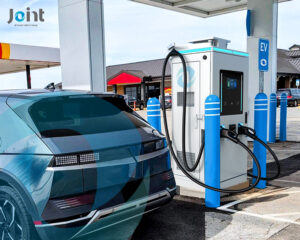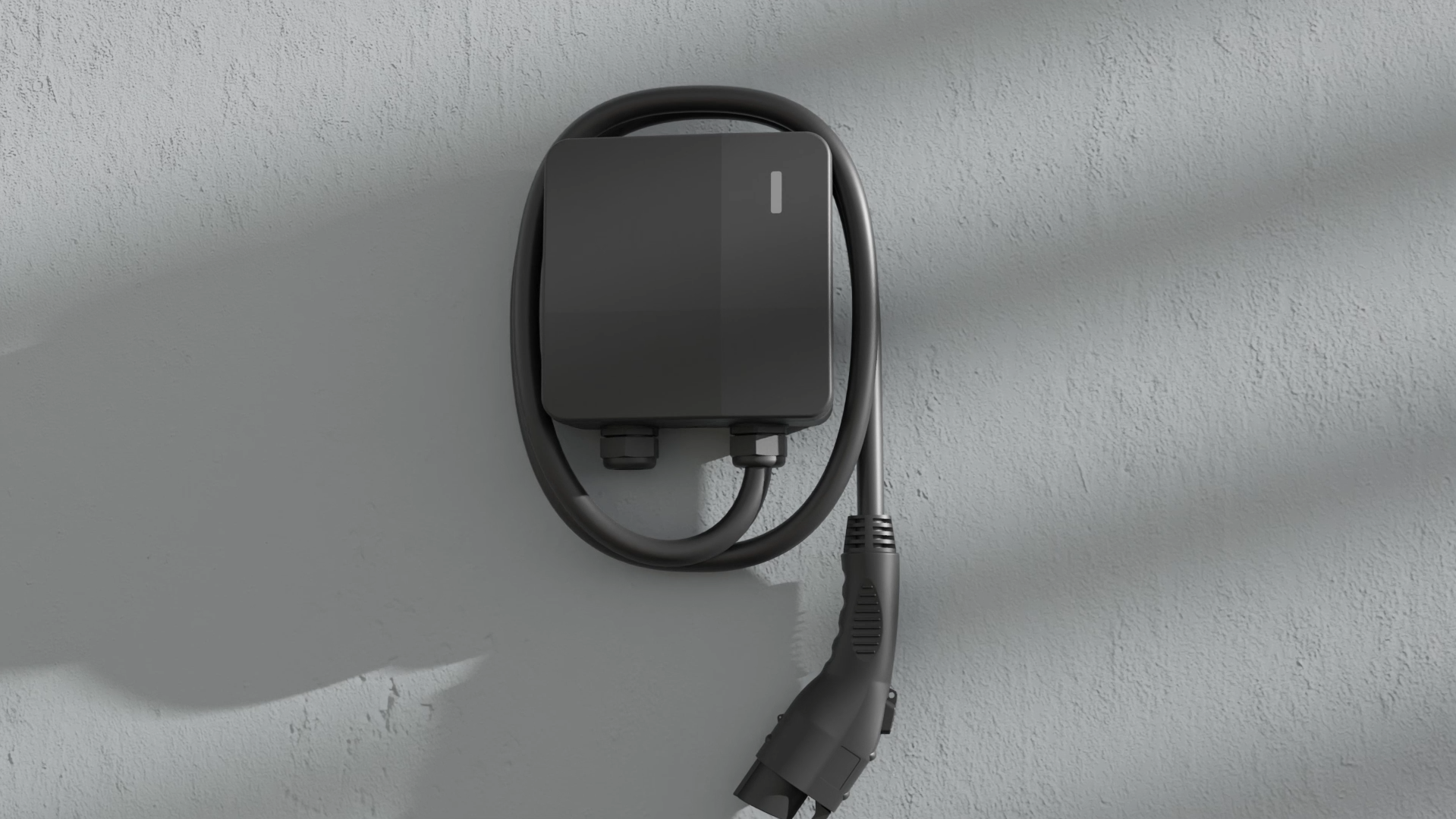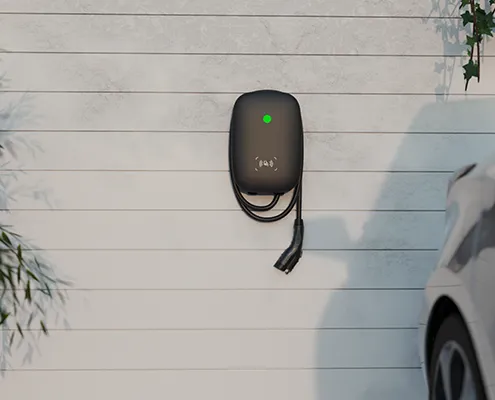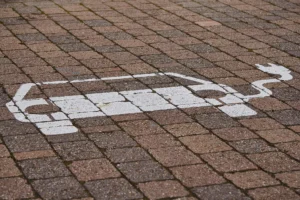
The US DC EV Charger Market: 2025 Trends and Opportunities
According to a 2024 report from Grand View Research, the U.S. EV charging infrastructure market was valued at $5.09 billion and is projected to grow at a jaw-dropping 30.3% CAGR through 2030

As more people choose electric vehicles, finding effective charging solutions has become ever more essential. One such charger option is the 240V EV charger. In this guide, we’ll go through key aspects of selecting an effective 240v EV charger and explore its use while answering commonly raised questions and offering recommendations.
A key benefit of using a 240V charger lies in its faster charging abilities; unlike standard 120V chargers, its quicker charge time provides a more convenient and efficient experience that ensures your EV will always be ready when you are. Ideal for busy lifestyles.
One key advantage of using a 240V charger for electric vehicle charging is faster charging times. As higher voltage provides increased power delivery, your electric car can recharge much quicker than with traditional household outlets, making this choice particularly advantageous during extended journeys or emergencies that necessitate fast charges.
Charging at higher voltages is more energy-efficient, as this lowers any associated energy losses and makes the entire charging process more energy-effective overall.
A 240V car charger typically falls into the category of Level 2 chargers, making them popular at both public charging stations as well as home installations. A Level 2 charger offers more flexibility and convenience to quickly recharge an EV than its less advanced predecessor, Level 1.
Installing a 240V EV charger at home can be relatively straightforward, and electricians often specialize in creating charging stations within homes for efficient charging options in comforting locations like your own. This way, you have fast charging services right under your roof!
With a Level 2 charger, charging an EV more quickly at home or public stations becomes both convenient and versatile – especially important if daily commuting or depending on it for other reasons is part of life.
Many 240v car chargers include smart features for managing energy usage such as scheduling, remote monitoring, and energy consumption tracking that give users more control of the charging process and manage energy more effectively. This functionality gives users more power to manage energy use and costs.

(Source: jointcharging.com)
Compatibility between 240v EV chargers and all EVs is often an area of contention when selecting charging solutions, though most electric cars should work seamlessly with these chargers if you check their specifications to confirm compatibility. Most manufacturers create cars specifically for compatibility with universal 240v chargers offering universal solutions to owners.
Charging times vary based on your electric vehicle’s battery capacity; typically adding 20–25 miles of range per hour charged. Therefore, full charges typically take 8 to 12 hours, providing convenient overnight charging solutions for owners so their vehicles are always ready when required for daily use.
Selecting an efficient 240v EV charger is crucial for every electric vehicle owner, offering faster charging speed, compatibility with most types of EVs, and home installation convenience. While its initial costs may seem costly, over time its long-term advantages of time saved and overall efficiency far outweigh this initial expense. As electric vehicles continue to redefine transportation’s future, selecting one ensures you stay at the forefront of sustainable mobility solutions.

According to a 2024 report from Grand View Research, the U.S. EV charging infrastructure market was valued at $5.09 billion and is projected to grow at a jaw-dropping 30.3% CAGR through 2030

Discover 2025 electric truck charging trends and the rise of DC EV chargers, based on IEA’s Global EV Outlook 2025. Learn how high-power DC chargers support long-haul transport and sustainable logistics.

An IK10 vandal-resistant enclosure is a protective enclosure for electrical equipment designed to withstand significant physical impact as defined by the international standard IEC 62262. The IK rating measures impact resistance, with IK10 being the highest level, capable of withstanding 20 joules of force, equivalent to a 5kg object being dropped from 40cm. This makes IK10 enclosures ideal for environments prone to vandalism or accidental damage.